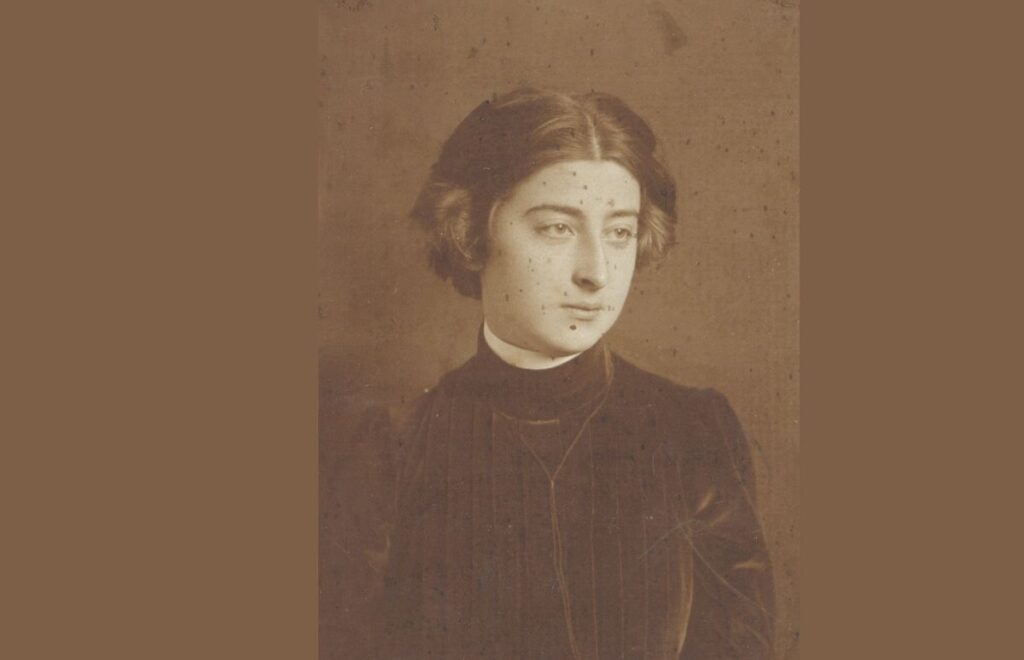How well-brought up girls became unbeatable warriors. The path from battle glory to modern feminism
One hundred and ten years ago war again came to the vicinity of the city of Kraków. What is now perceived in the West as an unparalleled tragedy, the near collapse of a civilisation and a catastrophe of lost youth was perceived then as a different story, on the verge of three empires: German, Austro-Hungarian and Russian. The outbreak of war marked the end of an unbelievable stability which had lasted more or less since the compromising political treaty conference in Vienna in 1815, with only a short interval for the so-called “Hundred Days” campaign with the Battle of Waterloo in June of the same year – a battle which marked the end of the epic connected to the revolutionary export of Napoleonic civilisation.
February 15, 2023 - Andrzej Zaręba


































